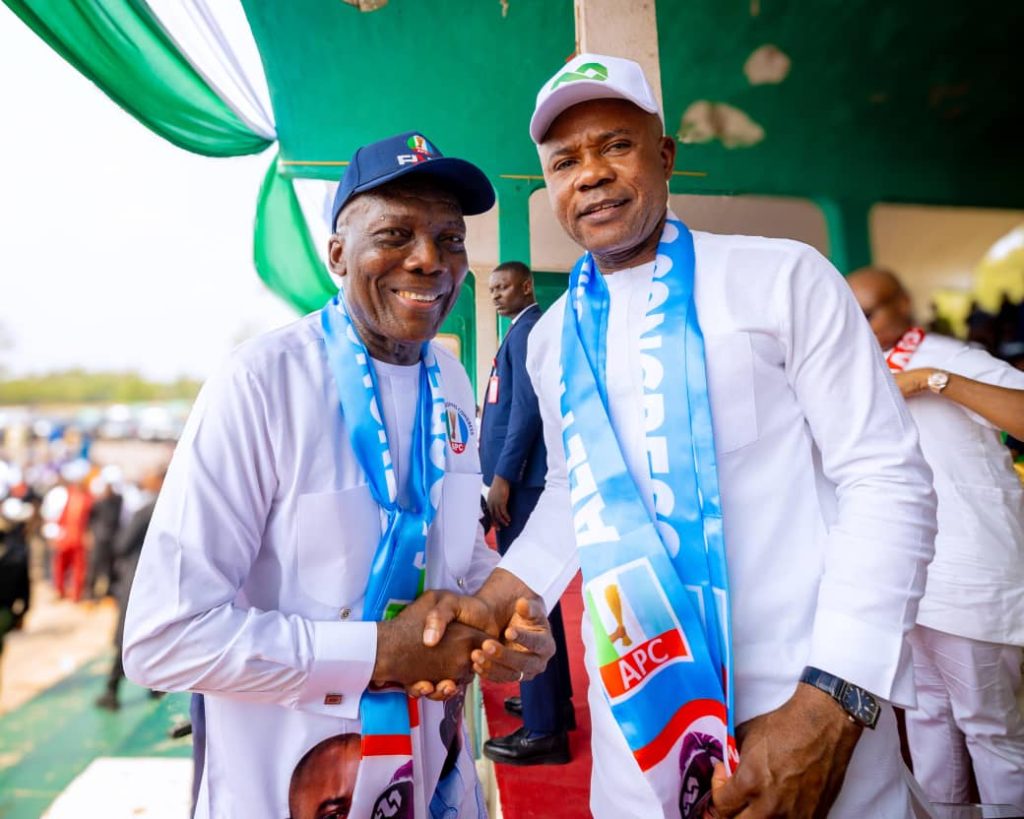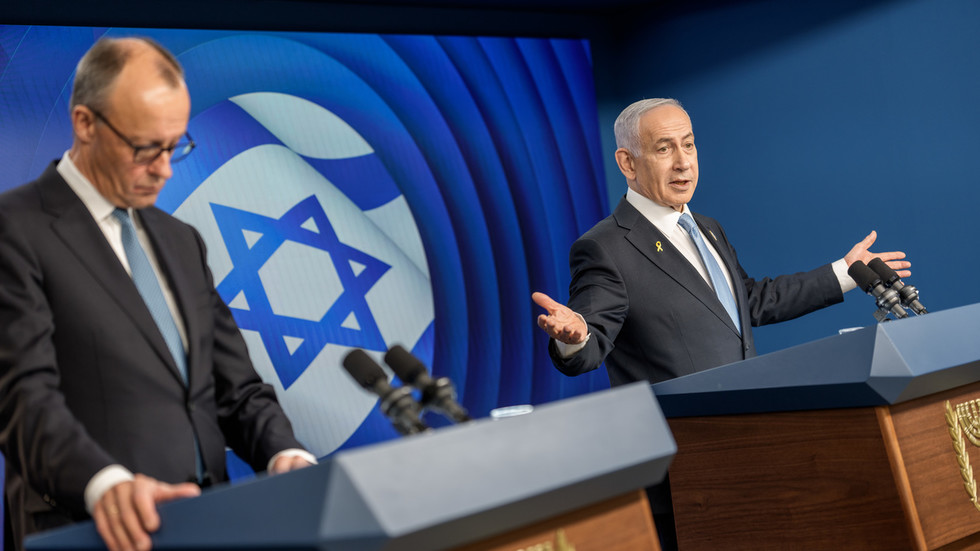African News Roundup: LGBTQ+ Rights, Conflict, and Press Freedom Under Siege
In a tumultuous week for Africa, several countries faced significant challenges to human rights, peace, and freedom of the press. From Ghana’s renewed push for restrictive LGBTQ+ laws to the easing of fighting in Libya and the decline of press freedom in West Africa, the continent is grappling with complex issues that have far-reaching implications.
In Ghana, the LGBTQ+ community is bracing for the potential passage of the Human Sexual Rights and Family Values Bill, which proposes prison terms of up to three years for same-sex relations and five years for promoting LGBTQ+ activities. Despite international condemnation, President John Mahama has expressed commitment to passing the bill, citing widespread public support. However, human rights advocates and some religious leaders have spoken out against the legislation, arguing that it would further marginalize an already vulnerable community.
Meanwhile, in Libya, a ceasefire has brought a measure of calm to the capital city of Tripoli after days of intense fighting. The clashes, which involved rival militias, resulted in significant damage to infrastructure and an unknown number of casualties. The United Nations has called for a lasting ceasefire and an end to the violence, which has displaced many civilians.
The decline of press freedom in West Africa is another pressing concern. According to the 2025 Reporters Without Borders (RSF) press freedom rankings, 11 out of 16 countries in the region have seen a decline in press freedom. Guinea suffered the steepest drop, falling 31 places to 103rd, while countries like Mali, Niger, and Burkina Faso have seen journalists face arbitrary arrests, media suspensions, and repression.
In other news, Port Sudan has come under renewed drone attacks, marking the twelfth consecutive day of bombardment. The attacks have displaced over 550 families and disrupted marine traffic, with warnings of increased shipping and insurance costs that could drive up the prices of imported goods.
Finally, Zambia’s Foreign Minister has cautioned diplomats against interfering in the country’s internal affairs, following the US announcement that it would cut $50 million in health aid due to the theft of donated medicines. The move has highlighted the complex relationships between African countries and their international partners, with issues of sovereignty and mutual respect at the forefront.
As these stories demonstrate, Africa is a continent of diverse challenges and complexities. From human rights and conflict to press freedom and international relations, the region is navigating a range of issues that will shape its future. As we move forward, it is essential to prioritize the values of respect, dignity, and freedom that are essential to the well-being of all Africans.



